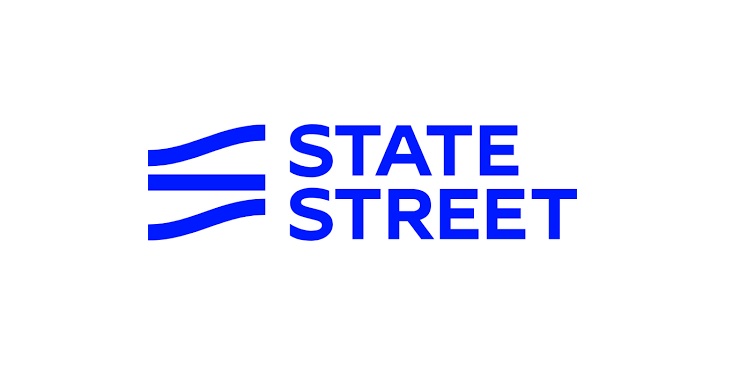Iagon, a decentralized cloud services network, has partnered with Würth Group and its affiliates, including Würth Canada, Würth IT India, and Würth Additive Group (WAG), to introduce a blockchain-based solution for intellectual property (IP) management in 3D printing. By utilizing the Cardano blockchain, this platform addresses the growing challenges of protecting and standardizing the management and distribution of 3D printing assets. It aims to create a secure environment where designers, manufacturers, and creators can confidently share, monetize, and manage their digital assets.
The platform integrates seamlessly with Würth’s inventory management system, ORSY Connect, enabling customers to purchase 3D printing supplies, printers, and IP recipes within a decentralized system. This innovation not only simplifies access but also ensures the secure distribution and management of digital assets, establishing new standards for the industry.
Tackling IP Challenges in Additive Manufacturing
The increasing adoption of 3D printing has transformed the production of physical goods by making them faster and more accessible. However, the distribution of 3D printing assets, often sold as digital blueprints, has faced challenges related to unauthorized use and IP exploitation. Traditional IP protection methods have proven inadequate for digital assets that can be easily replicated and redistributed.
The Iagon and Würth solution leverages Cardano’s blockchain to tokenize 3D printing IP, creating secure digital assets managed through smart contracts. This approach empowers creators to maintain control over their IP by setting usage parameters, automating royalty payments, and ensuring secure file access. Cardano’s transparent ledger ensures that all transactions are recorded immutably, further enhancing trust and security.
Comprehensive IP Management Features
The platform offers a tailored IP management system for the 3D printing industry, featuring several advanced functionalities:
Decentralized Security: Utilizing Iagon’s decentralized storage, 3D files are encrypted and distributed, ensuring they remain accessible only to authorized users.
Automated Royalties: Smart contracts streamline monetization by automating royalty payouts whenever an IP asset is used or purchased.
Flexible Distribution: Creators and 3D printing bureaus can customize permissions and usage settings, offering a secure and adaptable framework for IP management.
This solution serves as a robust use case for blockchain technology beyond its traditional financial applications. By enabling enterprise-grade scalability, Iagon’s infrastructure and Cardano’s advanced blockchain capabilities demonstrate potential across emerging industries like 3D printing.
Driving Industry Standards and Adoption
With Würth Group’s extensive network, Iagon’s decentralized storage solutions, and Cardano’s blockchain, this collaboration seeks to establish a new benchmark for managing and distributing 3D printing IP. Würth, already generating over $10 million annually through additive manufacturing, aims to expand its influence by integrating this scalable and secure system.
For Iagon, the project underscores its commitment to digital IP protection. Its patented decentralized storage technology ensures robust security while delivering user-friendly solutions for enterprise adoption. For Cardano, the initiative highlights the blockchain’s capability to safeguard digital assets, encouraging broader enterprise adoption of decentralized technologies for IP management.
A Promising Step for Blockchain Adoption
The collaboration between Iagon and Würth Group marks a significant step toward redefining IP management in the 3D printing industry. By offering secure, decentralized solutions, the initiative not only sets a new precedent for the sector but also serves as an example for other industries with complex IP needs.
This project showcases how blockchain can solve real-world challenges, opening new doors for businesses seeking innovative solutions for intellectual property. As the platform evolves, it has the potential to inspire a broader adoption of blockchain technology across industries, driving the digital economy forward.









